Reimagining Privilege Review for the Age of Scale
We tested Lexicon 1.1 on the Enron email corpus, one of the most scrutinized datasets in legal history. The result was a 97.3 percent reduction in Level One privilege review time.


A privilege log is a time-intensive review of documents withheld from production due to attorney-client or work product protections. Our calculations suggest that the review took approximately 794,500 hours of attorney and paralegal time to produce the privilege log. That is equivalent to 90.7 years of reviewer time.
While privilege logs are mission-critical, privilege logging is repetitive, slow, and expensive. In large matters like Enron, privilege logs take away from litigation velocity and budget certainty. We put Lexicon 1.1 to the test by running it on 500,000+ emails from top Enron executives.
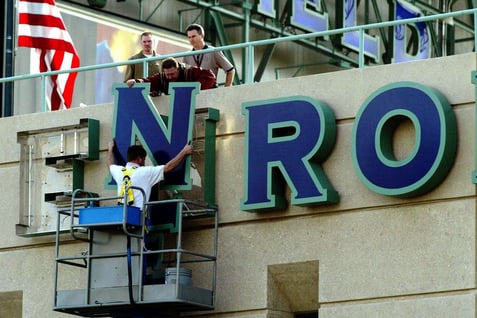

Context & Problem
The Enron Files
On December 2, 2001, Enron Corporation filed for what was then the largest bankruptcy in U.S. history. Over 70 million documents had to be reviewed for responsiveness. 21 million of those documents were disclosed under scrutiny from regulators and litigants.
Lexicon 1.1’s Workflow
Lexicon 1.1 uses a tiered review system to produce Level One and Two draft privilege logs:
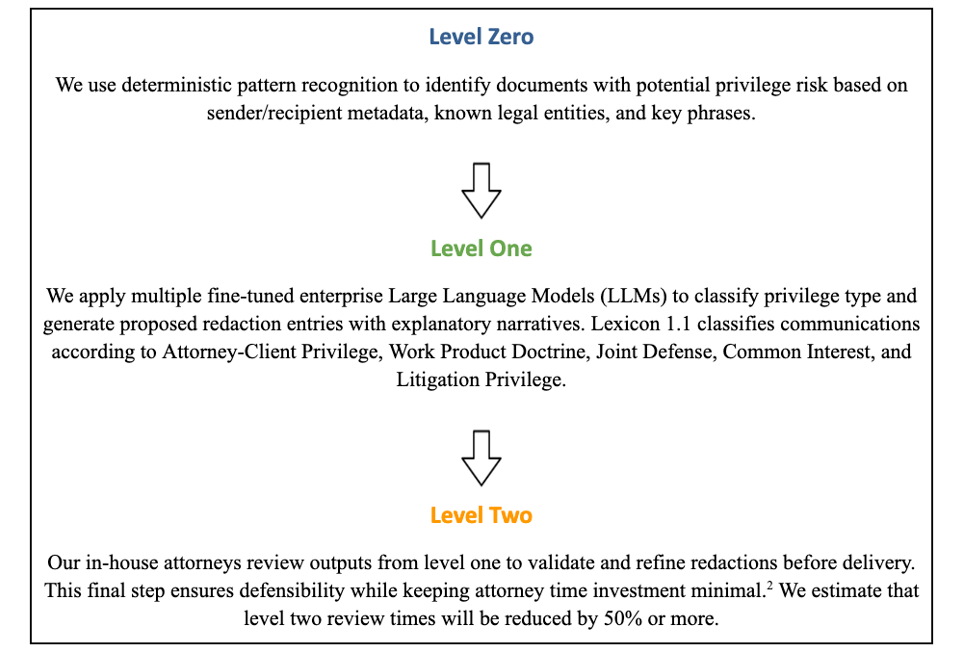

The result is a platform-agnostic, litigation-ready Level One and Two privilege log draft that is accurate, explainable, and customizable to your firm’s standards.
Results
Level Zero processing searched through 517,820 documents in only 366.0 seconds, flagging 97,032 documents for potential privileged information. Lexicon 1.1 outputs an executive summary with each query (see figure 1).
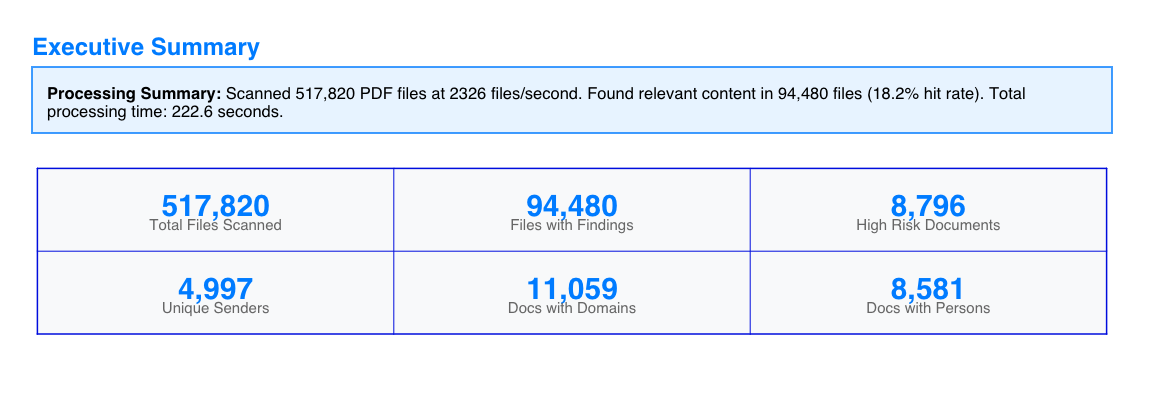

Level Zero
Figure 1: Lexicon 1.1 Executive Summary of Level Zero Review
After using deterministic pattern matching to parse and sort relevant documents, we took a random sample of 1000 documents from the 97,032 documents and sent the sample to our fine-tuned LLM.
Lexicon 1.1 analyzed and generated redaction suggestions for 1,000 files in just 32 minutes. An effective rate of 31 files per minute, or 1,860 documents per hour. The redaction suggestions appear on our custom platform (see figure 2).
Lexicon 1.1 not only flagged documents for privilege but also generated full narrative justifications, confidence scores, and metadata-ready entries:
Level One
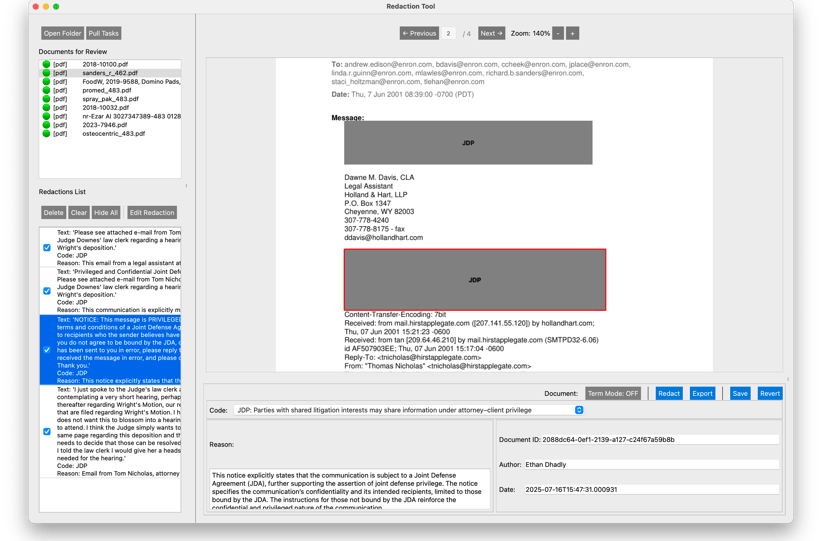

Figure 2: Lexicon 1.1 Output of Level One Review
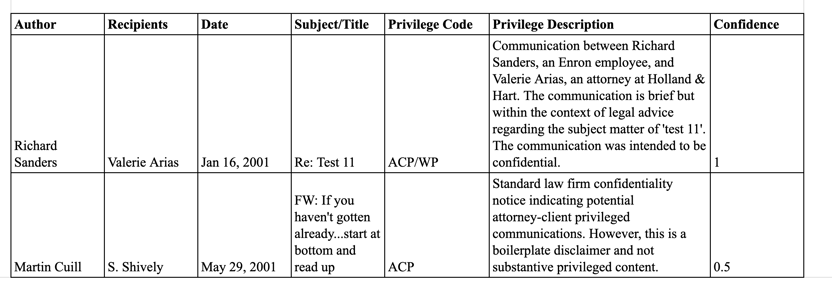

Figure 3: Lexicon 1.1 Level One Sample Privilege Log Entry
At our tested pace, Lexicon 1.1 could process the entire 21 million-document responsive set in approximately 11,290 hours. Compared to an estimated 420,000 hours using manual workflows, we achieved a 97.3 percent reduction in time.
With even modest parallelization, that timeline shrinks dramatically. We have already achieved breakthrough speed. Every deployment from here only gets faster.
This test was run locally on a single CPU. In production environments, Lexicon 1.1 can be deployed across multiple GPUs or parallel instances (multiple processors running simultaneously). Lexicon 1.1 is easily scaled depending on matter size or urgency. Traditional privilege review scales by adding people; Anata scales by replicating a process that already outpaces human review.
Results Summary
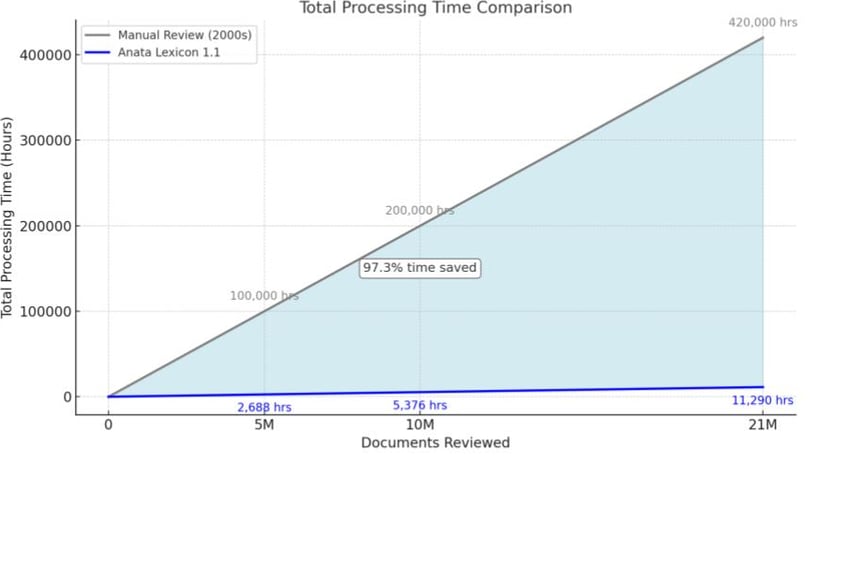

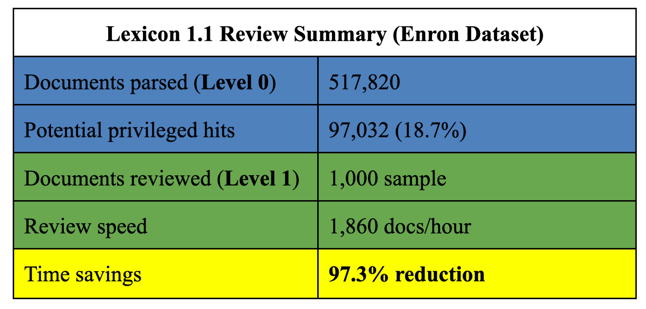

Figure 4: Manual Review Vs. Anata Lexicon 1.1 Expected Processing Times
What this means for privilege log workflows
Privilege logs are a high-volume, low-impact work product that drains time and money from your clients. Lexicon 1.1 streamlines Level One and Level Two privilege log review. Our work with the Enron files resulted in an estimated 97.3 percent reduction in review time, so your attorneys can focus on strategy, advocacy, and outcomes – not spreadsheets.
Note on Limitations
This test was focused on technical capability. We did not include Level Two human validation in this trial, though our workflow fully supports it.


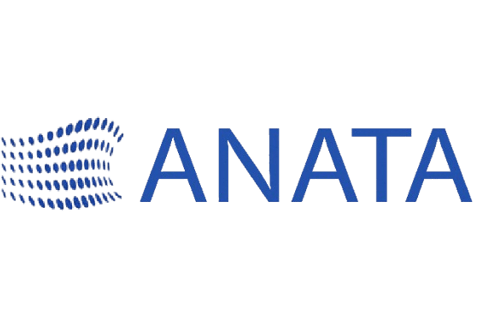

Interested in scheduling a demo?
Contact felix@lexanata.com
+1-646-389-3686
ethan@lexanata.com
251 W 30th St Floor 6, Suite 609
New York, NY 10001
